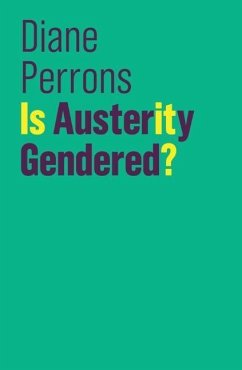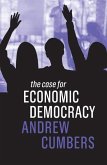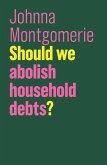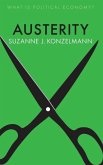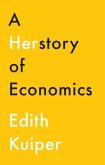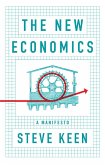Austerity has dominated the policy agenda in the past decade. Although it appeared to end with the COVID-19 pandemic, a return to harsh cutbacks in the future cannot be ruled out.
In this incisive analysis, Diane Perrons shows that while austerity policies have devastating effects on people's lives, their gendered dynamics are particularly conspicuous: budget cuts have been overwhelmingly aimed at services used by women. She shows how the gender aspects of this economic and social catastrophe intersected with a range of other factors, making the experience of austerity very different for different groups - and highly unjust. Not only that, it undermined responses to COVID-19.
She finishes by critiquing the justifications for austerity policies and asks whether there are compelling alternatives that can re-invigorate economies and societies after the pandemic, and avoid a return to austerity. This compelling book will be essential reading for activists, policymakers and students of feminist political economy everywhere.
Hinweis: Dieser Artikel kann nur an eine deutsche Lieferadresse ausgeliefert werden.
In this incisive analysis, Diane Perrons shows that while austerity policies have devastating effects on people's lives, their gendered dynamics are particularly conspicuous: budget cuts have been overwhelmingly aimed at services used by women. She shows how the gender aspects of this economic and social catastrophe intersected with a range of other factors, making the experience of austerity very different for different groups - and highly unjust. Not only that, it undermined responses to COVID-19.
She finishes by critiquing the justifications for austerity policies and asks whether there are compelling alternatives that can re-invigorate economies and societies after the pandemic, and avoid a return to austerity. This compelling book will be essential reading for activists, policymakers and students of feminist political economy everywhere.
Hinweis: Dieser Artikel kann nur an eine deutsche Lieferadresse ausgeliefert werden.
'This succinct book cuts through the seemingly neutral language used to justify austerity policies to reveal the intersecting inequalities, with gender at their heart, that such policies perpetrate.'
Naila Kabeer, London School of Economics
'A clear and accessible account of the fundamentally gendered nature of austerity, and a prescient reminder of the inequities that COVID-19 may deepen - unless we embrace the credible alternatives offered by Diane Perrons in this book.'
Hannah Bargawi, SOAS University of London
Naila Kabeer, London School of Economics
'A clear and accessible account of the fundamentally gendered nature of austerity, and a prescient reminder of the inequities that COVID-19 may deepen - unless we embrace the credible alternatives offered by Diane Perrons in this book.'
Hannah Bargawi, SOAS University of London

